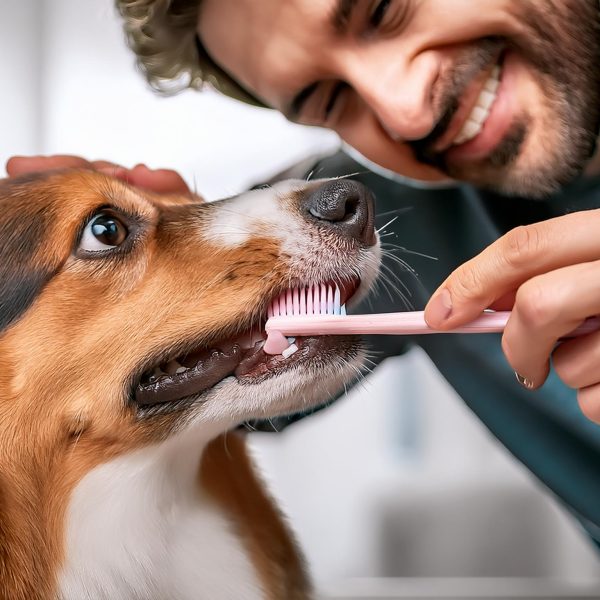Taking care of our pets’ nutritional needs is paramount for ensuring their overall health and well-being. Just like humans, pets require a balanced and appropriate diet tailored to their individual characteristics, such as age, breed, size, activity level, and any existing health conditions. Proper nutrition not only supports their physical development but also contributes to their happiness and vitality.
Addressing Different Life Stages and Breeds
Understanding the specific requirements of pets at different life stages is crucial. For instance, puppies and kittens are in a phase of rapid growth and need diets that are rich in calories, proteins, and calcium to support their development. Conversely, senior pets may benefit from a lower-calorie diet to prevent obesity while incorporating nutrients that promote joint and organ health.
Furthermore, certain breeds are predisposed to particular health issues. These breeds often require specialized diets to help manage or prevent these issues. For example, larger breed dogs are more susceptible to joint problems, and their diets should include ingredients like glucosamine and chondroitin to support their joint health. Cats, being obligate carnivores, have specific nutritional needs that can be met by a diet high in animal-based proteins.
Decoding Labels and Choosing Quality
Selecting appropriate pet food involves deciphering labels and understanding the significance of the ingredients listed. The ingredient list is typically arranged in descending order by weight. Opt for foods that prioritize high-quality sources of protein as primary ingredients. It’s advisable to steer clear of products containing fillers such as corn, soy, and wheat, as these do not provide the necessary nutrition for your pet’s well-being.
When scrutinizing labels, be on the lookout for phrases like “complete and balanced.” These terms indicate that the food meets the standards set by organizations such as the Association of American Feed Control Officials (AAFCO), which establishes guidelines for pet food.
The Debate: Commercial vs. Homemade Diets
The debate between commercial and homemade diets continues to engage pet owners and experts alike. Each option comes with its own advantages and challenges. Commercial pet food is meticulously formulated to meet specific requirements and undergoes rigorous testing. It offers convenience and is available in formulations tailored to various needs.
On the other hand, homemade diets grant owners greater control over ingredients, but they require meticulous planning to ensure all essential nutrients are included. If opting for homemade meals, it’s imperative to consult a veterinarian or a board-certified veterinary nutritionist to develop a balanced diet that caters to your pet’s unique needs.
Battling Obesity: More Than Just Nutrition
Obesity is a growing concern for both humans and our pets. Carrying excess weight can lead to a range of health issues, including joint problems and diabetes. To address obesity in pets, it’s crucial to not only focus on their nutrition but also manage portion sizes and incorporate regular exercise into their daily routine. Consulting with a veterinarian can help create a customized feeding plan and exercise regimen for your pet.
The Importance of Hydration
While the focus often lies on pet food, the significance of water should not be underestimated. Adequate hydration is vital for maintaining essential bodily functions such as digestion and temperature regulation. Ensuring your pet always has access to clean water and considering wet food options can help them stay adequately hydrated.
Smooth Transitions and Emotional Well-being
When transitioning your pet to a new diet, patience is key. Abrupt changes can lead to digestive issues. Begin by gradually mixing the new food with their current diet, increasing the proportion over several days. Monitor your pet’s response during this transition period and consult your veterinarian if any adverse effects occur.
Beyond physical sustenance, nurturing your pet’s mental and emotional well-being is equally important. Spending quality time together, engaging in activities, offering mental stimulation through toys and puzzles, and creating a loving and secure environment are all crucial for reducing stress and promoting overall health.
In Conclusion
Caring for our pets involves more than simply providing them with food. It’s about investing in their well-being, ensuring they are content, healthy, and brimming with energy. Achieving this requires a deep understanding of their unique needs, reading and interpreting food labels, and seeking advice from experts. Remember that our pets’ well-being goes beyond meals; it encompasses showering them with love and attention every day. As pet owners, let’s go the extra mile to ensure our beloved companions thrive in every possible way.








